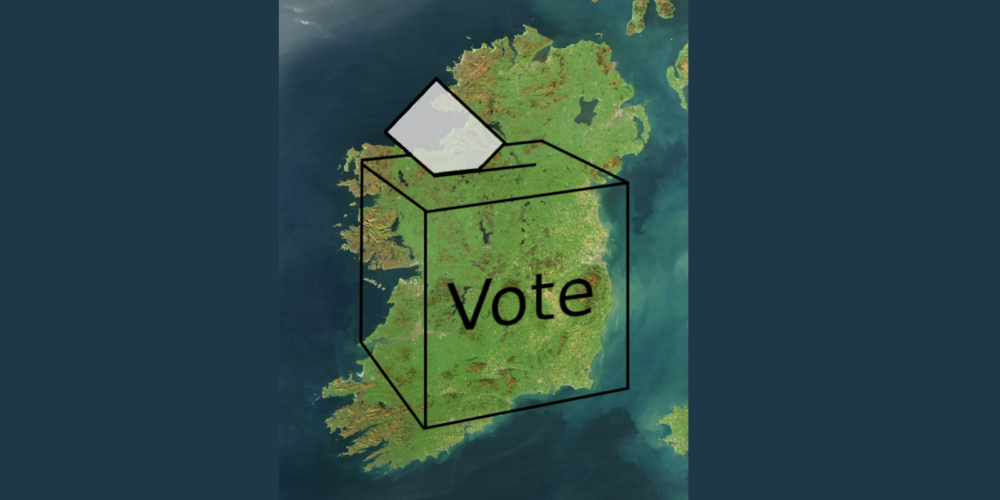The original image for this article had been sourced from a wikipedia image depicting the results of the 2020 Irish general election.
The general election has brought to the surface some of the issues and concerns of working people within this state. The problems of housing, rent, health, pension age and the capacity of working people to make ends meet moved up the political agenda.
A decade or more of the most recent economic strategy of “austerity” has taken a heavy toll on working people, their families and their communities. Forced austerity has always been a basic feature of life under capitalism for workers; we have always had to stand in line for health services, always waiting on the housing list or taking out life-controlling mortgages to get shelter. The children of workers rarely went on to third-level education.
While we have made advances, through hard struggles on all those issues, the last decade has been particularly harsh on working people. The national ruling-class forces, in alliance with the European Union, have been engaged in a systematic dismantling of the gains won over the course of the twentieth century by workers throughout Europe.
If we look at the turn-out of 63 per cent we see that just over 66 per cent voted for parties that could be described as establishment parties—Fianna Fáil, Fine Gael, the Labour Party, and Social Democrats—while a little over 27 per cent voted for Sinn Féin and the ultra-left, who could easily coalesce on a left social-democratic programme. And if we add the Green Party, which won 7 per cent, that left-of-centre vote comes to about 34 per cent—a significant platform on which to build.
The election showed that a large number of workers want change in their real material conditions, that is, to the endless struggle to keep a roof over their heads, to get medical attention when they need it, to have sufficient wages to cover what they need to buy, to have security in old age—not a lot to ask for but something that those who control our lives are determined to prevent us having. Their priority is to make profits, out of every aspect of human need. To do this they need to keep costs down—that is, to pay workers less and make them work harder, and make their existence as precarious as possible, to make them vulnerable to those pressures.
Sinn Féin did not create the shift to the left among working people: it has become the temporary vehicle for the expression of those deep frustrations and unfulfilled aspirations.
The change in how people voted shows their demand for a left government, with people-centred economic and social policies. The growing left vote is the product of a long period of low-level resistance by working people, including opposition to service charges and water charges, resistance to health cuts, and the repeal of outdated social legislation on such issues as divorce, abortion, sexuality, etc.
At first the ultra-left benefited from some of these struggles, but thanks to their infantile approach to politics and the abuse of democratic struggles they have gradually lost it.
Working people have clearly lent Sinn Féin their votes, both in an act of defiance to the establishment and also wanting something done about their living conditions, seeing a left social-democratic economic and social agenda as articulated by Sinn Féin as meeting those needs.
Sinn Féin’s programme, as they themselves proudly boast, is costed and well within the fiscal straitjacket of the European Union. Many of the economic hardships experienced by working people both here in this state and in the EU are experienced because of this fiscal straitjacket.
The challenge now is to build on this emerging class-consciousness and to sharpen the struggle on a range of vital questions. How do we build and strengthen workers’ organisations?—building class resistance outside the electoral arena, building and developing people’s understanding that this system cannot provide what they need, or a decent, healthy life.
The election result is only the echo of the battle, not the battle itself.






